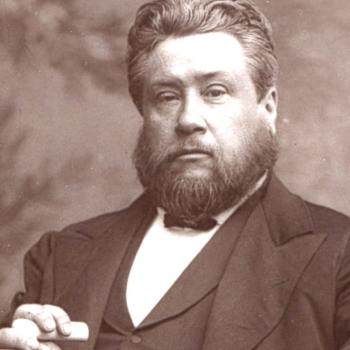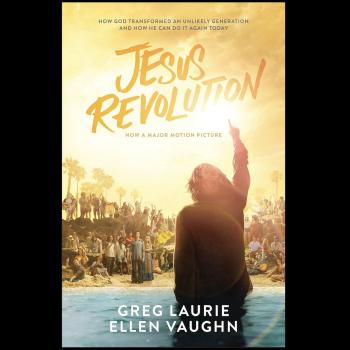I just found an interesting article on TheHeresy.com described as being by Jack Deere:
“No one ever just picked up the Bible, started reading, and then came to the conclusion that God was not doing signs and wonders anymore and that the gifts of the Holy Spirit had passed away. The doctrine of cessationism did not originate from a careful study of the Scriptures. The doctrine of cessationism originated in experience.
The failure to see miracles in one’s own experience and to locate them in past history required an explanation. How do you explain an absence of miracles in your experience when the New Testament is filled with miracles? There are essentially three possibilities. First, there is something wrong with your experience. Second, God has withdrawn miracles because He only intended them to serve temporary purposes. Third, the answer is locked in divine mystery, like the mystery of election or predestination. The first answer would lead you to expect the miraculous when your experience was corrected. The second answer wouldn’t lead you to expect the miraculous at all. The third answer leaves the question open……..Thus the Reformers were confronted with a choice: was their lack of experience of the miraculous due to a defect in their experience or to a divinely planned obsolescence of miracles? They chose to believe the latter. They now had the monumental task before them of explaining why God would be so liberal in giving miracles to the first-century church and so stingy with miracles in the centuries that followed. The trick was to prove that miracles were meant only to serve temporary purposes in the first century. But how could they prove that?…….Yet here they faced not only a formidable obstacle but an insurmountable obstacle, for they could not produce one specific text of Scripture that taught that miracles or the spiritual gifts were confined to the New Testament period. Nor has anyone else since then been able to do that.
Having been deprived of the most powerful weapon in their arsenal, specific statements of Scripture, the Reformers were forced to appeal to theological deductions. But how were they ever going to deduce that miracles were intended to be temporary from a book that begins with miracles, persists in miracles, and ends with miracles?”
And so it goes on, and so I hereby rest my challenge and agree with Deere that there are no specific statements in scripture that tell us that miracles and other gifts of the Holy Spirit were solely for the church age. Now I will accept that it is possible as Deere goes onto elaborate for so-called “theological deductions” to lead to a cessationist position and I am beginning to understand them more. But, I for one am very uncomfortable with any kind of purely rationalistic theological deduction based doctrine that has no statement in scripture which in any way directly or indirectly supports it.
I am sorry if such a statement offends my cessationist brothers but that is where I stand at the moment. Prove me wrong by all means, but in the meantime do understand that I honestly do fully appreciate the genuiness of many who disagree. Just remember not to point the finger too much at the charismatic as basing their theology on experience, when so much of cessationist thought has at its root experience or rather the lack of it.
I think that I may move on to talk about other areas now, as without anything much to engage with from “the other side” my interest in this so called debate has finally waned. It is not an issue that will go away completely, however, I suspect.












